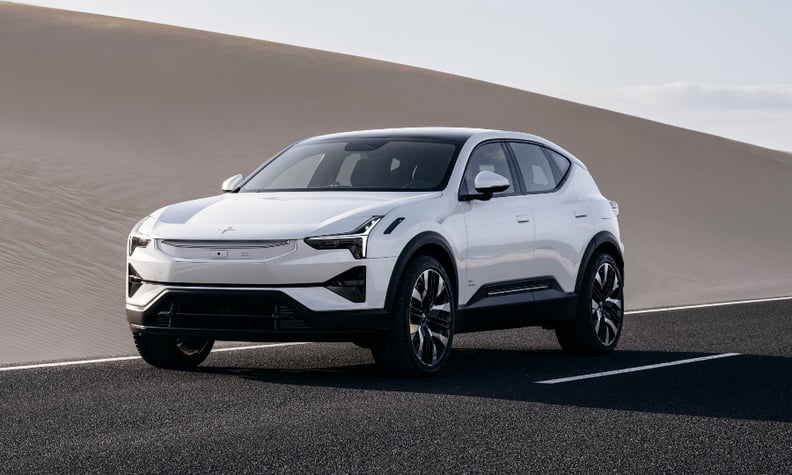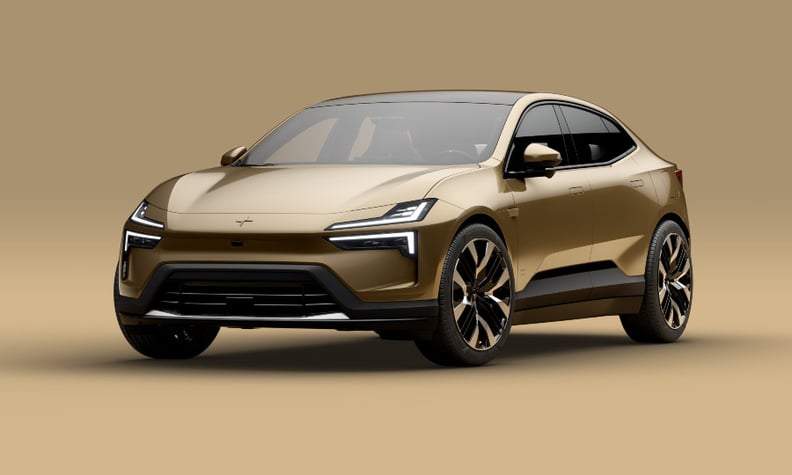Volvo delays EX90 flagship electric SUV production start
Production of the Volvo EX90 was planned to begin at the end of 2023, but will now likely start next year.
COPENHAGEN — Volvo has delayed the production start of its new EX90 all-electric flagship for more software development and testing.
The company now expects to start production of the SUV in the first half of next year, Volvo said in a statement on Thursday.
Volvo unveiled the model late last year, expecting it to hit showrooms in early 2024.
Demand for the car remains high, Volvo said. Doing further work on the vehicle’s software will help ensure a quality experience for all customers, the company said.
Production was previously planned to begin at the end of 2023, a Volvo spokesperson said. He declined to say when the company now expects the model to reach showrooms.
The biggest all-new product debut for Volvo Cars in half a decade will have standard safety equipment that goes “beyond that of any Volvo before it,” the automaker’s CEO, Jim Rowan, has said.
The EX90 full-electric premium large SUV will replace the XC90 as Volvo’s flagship. It will have an “invisible shield of safety” that can help reduce accidents that cause serious injuries or death by up to one-fifth, Roawan said.
Polestar delay
In a separate statement, Volvo sister brand Polestar said its Polestar 3 will also be delayed because it shares new all-electric vehicle underpinnings with the EX90.

Polestar 3
Production should begin during the first quarter of next year, Polestar said.
Polestar also reduced its forecast for this year to between 60,000 to 70,000 vehicles because of the delay as well as a slowing economic environment. It had previously aimed to make about 80,000 cars in 2023.
Polestar 4 is going ahead as planned with a launch in China in the fourth quarter and other markets in early 2024.

The Polestar 4’s launch will go ahead as planned.
Automakers have started to run into trouble on aligning complex development and production schedules for future vehicles decked out with sophisticated digital offerings.
Volkswagen Group has delayed key models including the Porsche electric Macan for at least two years because it couldn’t get the software ready on time, and EV startup Fisker cut its output forecast after struggling with software integration problems.
